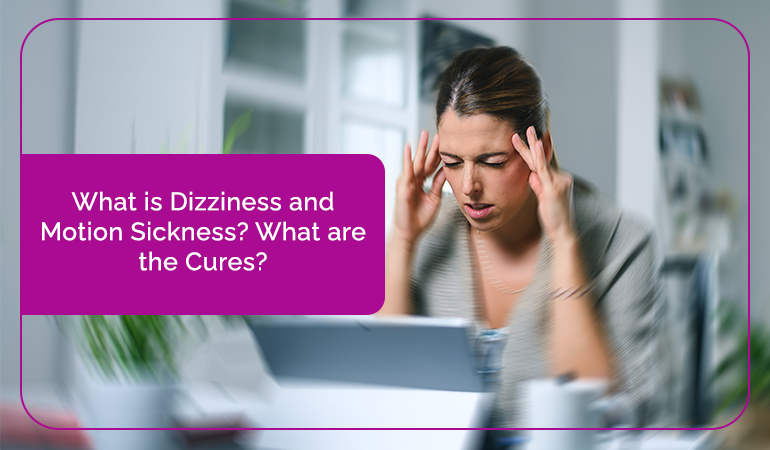What is Dizziness?
Dizziness is a feeling of being unbalanced or lightheaded. You may feel like going to faint or your surroundings are spinning around you.
With dizziness, you can also feel nauseous or an urge to vomit. Dizziness is not a medical condition but is a symptom of an underlying cause.
Some possible causes of dizziness include:
- Hypoglycemia
- Hypotension
- Benign Paroxysmal Positional Vertigo (BPPV)
- Motion/Travel sickness
- Inner ear problems
- Taking certain medications
- Anaemia
- Migraine
- Anxiety
- Circulation problems
- Stroke
- Head injuries
- Sometimes, even common cold
Treating dizziness usually involves treating one of the other conditions named above.
Home Cures for Dizziness
Certain foods and nutrients can help resolve your dizziness.
- Water – Dehydration is one of the most common causes of dizziness. So when you feel tired and thirsty, try drinking lots of water and stay hydrated.
- Ginger – Ginger is one of the best remedies which can help cure your dizziness and motion sickness. In general, it also helps treat nausea in pregnant women. You can include ginger in many forms – drinking ginger tea or taking ginger supplements.
- Vitamin C – Consuming vitamin C can reduce dizziness. Foods to include are:
- Grapefruits
- Oranges
- Strawberries
- Bell peppers
- Vitamin E – To maintain proper elasticity between blood vessels, vitamin E can prevent circulation problems. Vitamin E can be found in foods such as:
- Seeds
- Nuts
- Kiwis
- Spinach
- Wheat germ
- Vitamin D – Vitamin D improves your tolerance towards dizziness after BPPV attacks.
- Iron – If you are anaemic, try including foods rich in iron, such as:
- Beans
- Dark leafy greens
- Red meat
- Poultry
Medications to Treat Dizziness
- Water pills or diuretics can be used to treat conditions like Meniere’s disease that causes a fluid buildup in your inner ear.
- OTC (Over-the-Counter) antihistamines are another option, which can treat dizziness.
- Antihistamines and anticholinergics are the only two prescribed medications that treat dizziness instead of the underlying condition.
What is motion sickness?
Motion sickness is caused when there are conflicts among your senses. You may feel like spinning around and upside down. At this phase, your eyes see something, your muscles feel something else, and your inner ear senses something else.
This is when your brain is unable to take those mixed signals and that is when you end up feeling dizzy and sick.
Remedies to Treat Motion Sickness
- Ginger – Ginger is widely used in treating nausea, which can be consumed either in raw form or can be ground to consume in tea.
- Protein – Protein-rich foods are a way healthier alternative option to carbohydrates to control nausea.
- Cinnamon – Cinnamon effectively treats nausea that is caused due to menstrual pain. You can use cinnamon as a flavour in cooking.
- Staying hydrated – Did you know that dehydration can also make you feel nauseous! Hence, taking small sips of water regularly is considered the best solution to stay hydrated. Restore the lost salts and sugars while vomiting, with salty foods, non-carbonated or sugar drinks.
- Stay away from spicy or junk foods – To help relieve nausea it is advisable to stick to a monotonous diet. Don’t include foods that can disturb your stomach and make you feel bloated.
- Sitting upright – Control your nausea and improve your digestion by sitting upright.
Allopathic Medicines To Treat Your Motion Sickness!
Some of the common medications that can help treat your motion sickness are:
- Dimenhydrinate (Dramamine)
- Cyclizine (Marezine)
- Diphenhydramine (Benadryl)
- Meclizine (Antrizine, Antivert, Bonine, Meni-D)
- Scopolamine (Transderm-Scop, transdermal patches)

